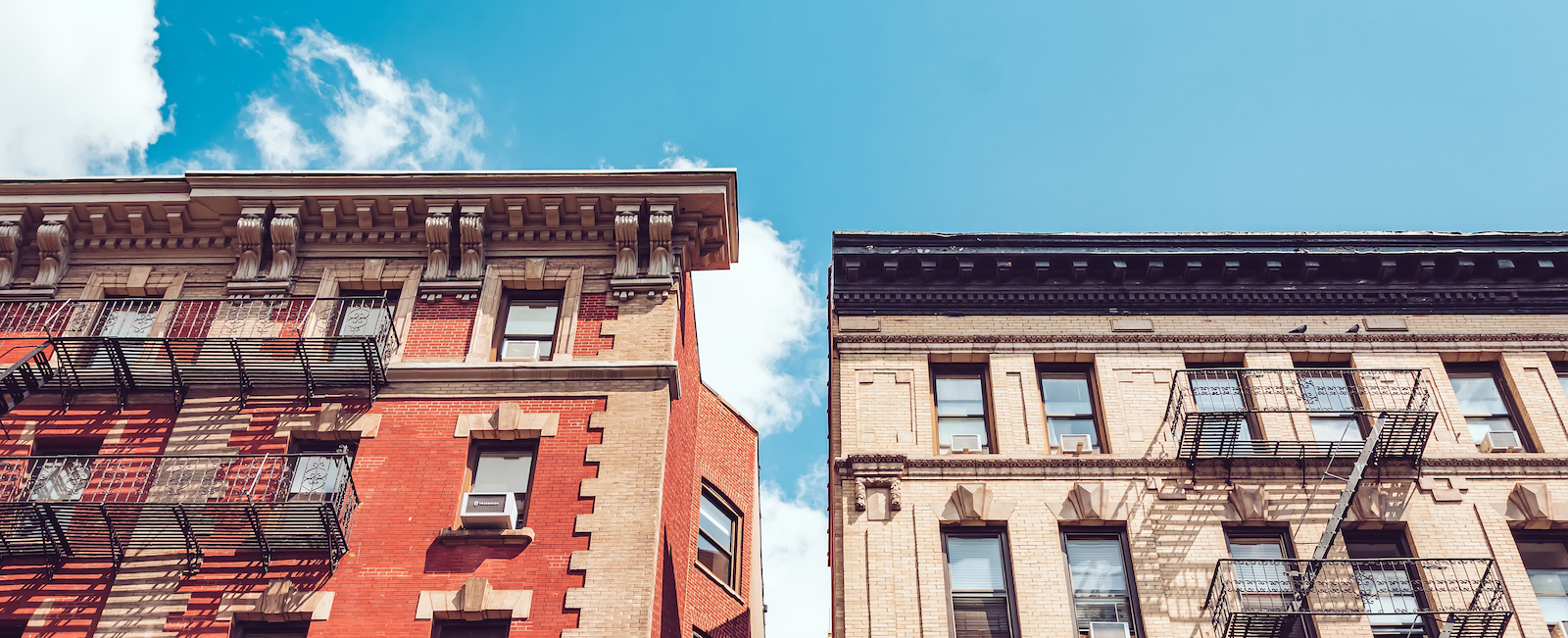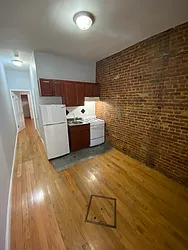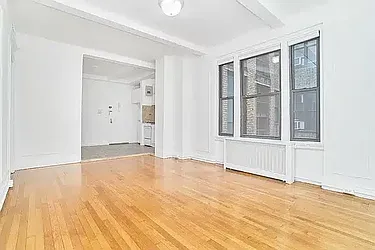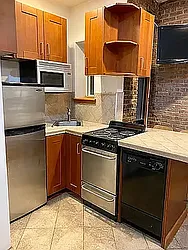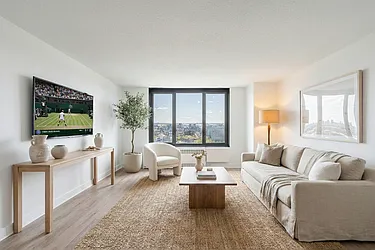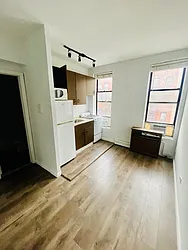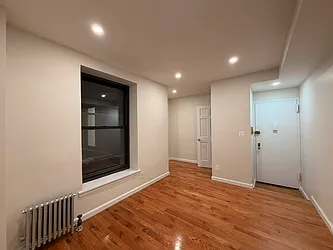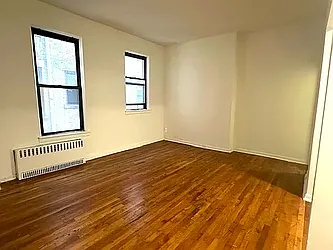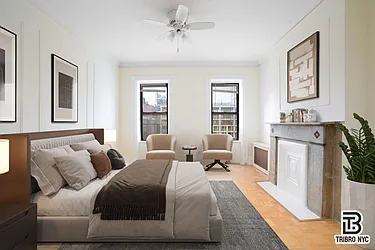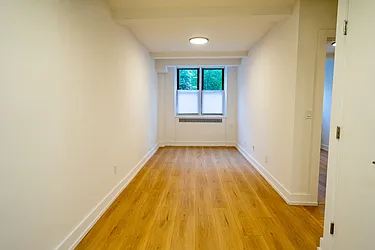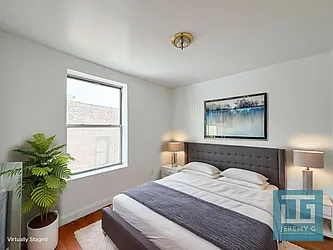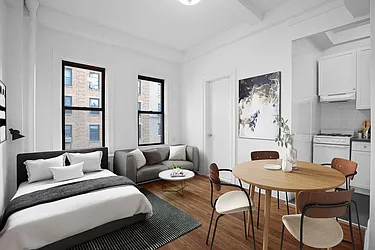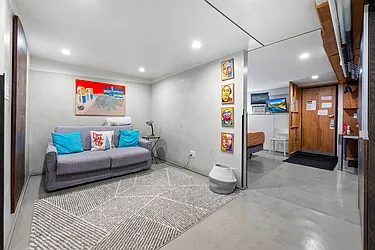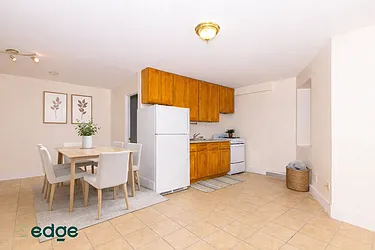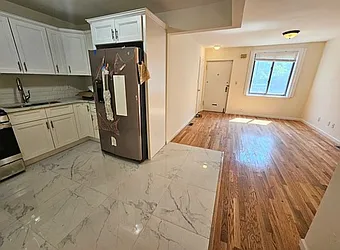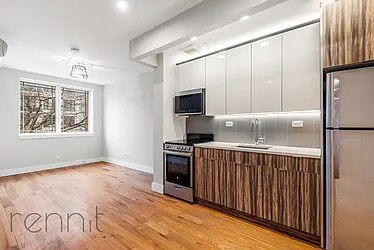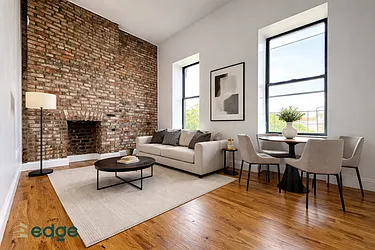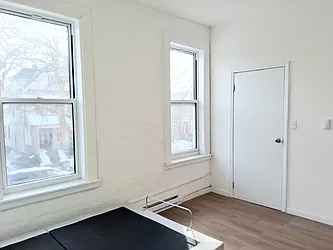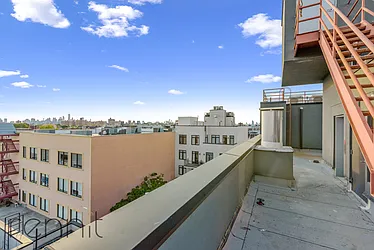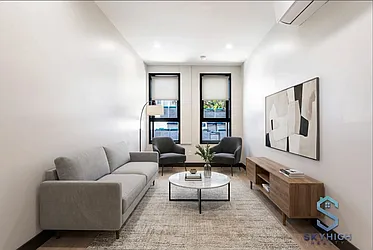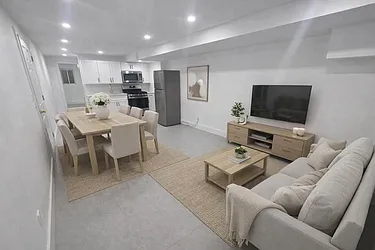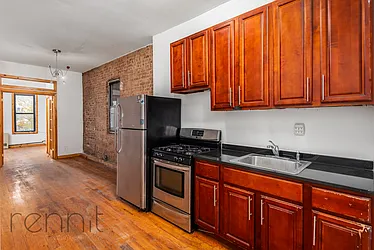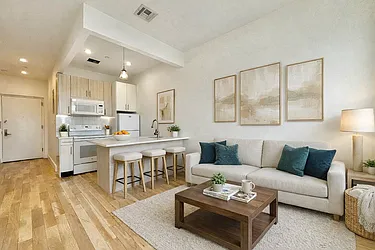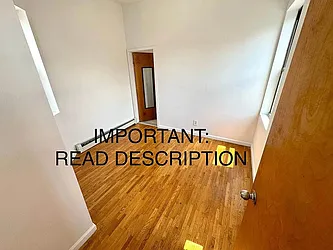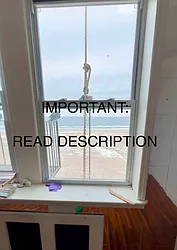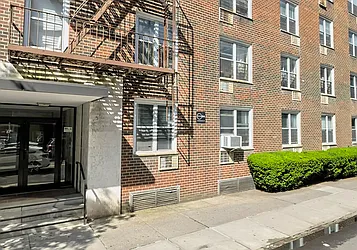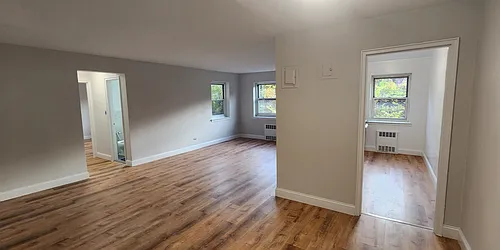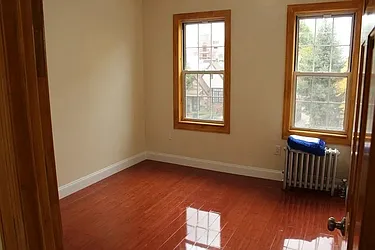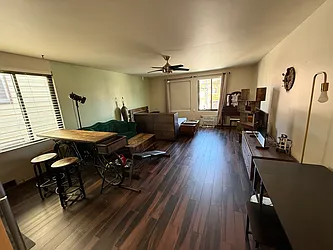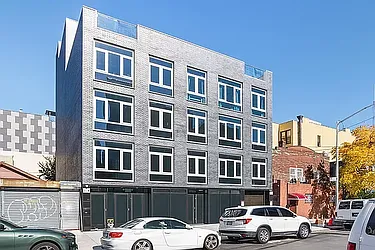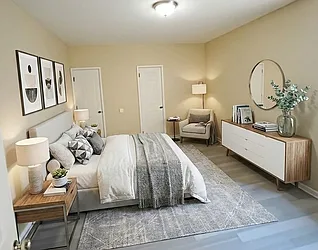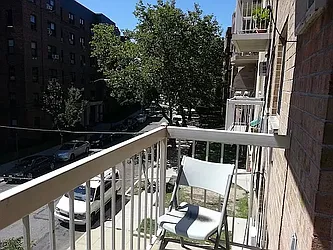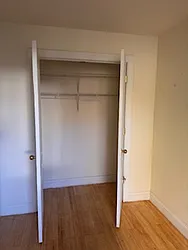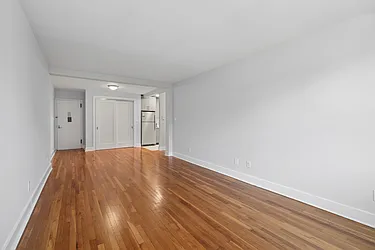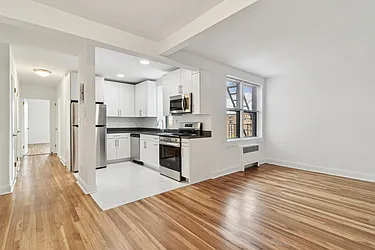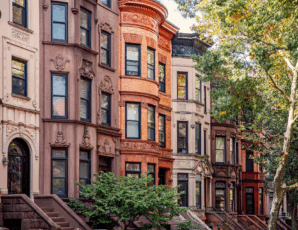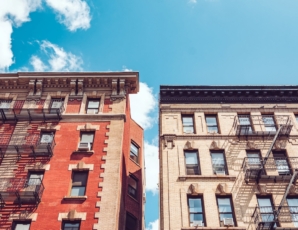Renting in NYC: The Ultimate Guide
There’s a lot to consider when choosing an apartment to rent, from size and location to the amenities offered. You probably also want to know if there have been any NYC building complaints against the prospective landlord or management company. For example, has the building dealt with bed bugs, trash removal problems, broken windows, or heat and hot water complaints? Luckily, there is a simple way to get this information, including historical violations, so you know if an apartment has had any issues.
Manhattan Rentals Under $3,000 on StreetEasy Article continues below
Research NYC Building Complaints on Reviews Sites
We all know New Yorkers aren’t afraid to share their opinions on review sites about restaurants, doctors, and more. Thankfully, this impulse extends to publicly sharing thoughts on NYC buildings. Likewise, tenants often leave reviews of buildings and management companies on Google Reviews and even Yelp. There are also additional online reviews sites for landlords. You can do a quick Google search to see what’s available.
Brooklyn Rentals Under 3,000 on StreetEasy Article continues below
Research NYC Landlord Complaints With the Department of Buildings
Aside from Googling reviews, the easiest way to find out the status of a building is to search the NYC Department of Buildings (DOB) information system. Finding your building is easy:
- Select your borough from the dropdown menu
- Enter the building number in the “House number” field
- Enter the street in the “Street” field
- Press “Go”
You can also search by block and lot, as well as Building Identification Number (BIN). The results will show you the complaints filed with DOB and all violations and share if the complaints were resolved.
“Typically, when a person files a complaint against a landlord, they will call 311, and that will lead to an inspection of the building,” Shaun Pappas, Partner at Starr law firm, told StreetEasy. “At the inspection, DOB may issue a violation, and that is recorded on their system and website. It could be an elevator violation, for instance. Then the owner will need to clear the violation by addressing it.”
Keep in mind that most buildings have some form of violations issued from time to time, and that doesn’t mean the owner is actively doing something wrong. But the type and frequency of the violations can help shed light on potential issues.
Consider the dates of the complaints — are they recent or from a decade ago? “A one-time issue can be overlooked. However, if the issues are plentiful and ongoing, there is a cause of concern,” said Karen Kostiw, an agent for Warburg Realty.
Queens Rentals Under $3,000 on StreetEasy Article continues below
Check Out the Department of Housing Preservation and Development
Another government agency you can use to research NYC building complaints is the Department of Housing Preservation and Development (HPD). Like DOB, any official violation or complaint (made via 311) that has been documented is now public record through the HPD website. The main difference is it only features complaints from the last year, but it is another resource that documents many different types of complaints, from mold to vermin.
Other NYC Landlord Complaint Resources
Besides code and law violations reported to DOB and HPD, other entities help you research NYC building complaints history.
- Check the Landlord Watch List: The City Public Advocate has a list of the worst landlords in the city. You can search by building or landlord.
- Review Rent Stabilization Complaints: New York State’s Division of Housing and Community Renewal lets you search for complaints regarding rent-stabilized rents and your apartment’s regulation history.
- Contact the Management Company: You can try inquiring with the management company of a building about any issue that concerns you, such as pests, noise, and more. How much they will disclose is unclear.
Increased Protections for Renters
Though the city’s agencies are there to help field and file NYC building complaints for tenants to access easily, they’re also continually working to improve living conditions for renters in general.
For example, in 2017, the city announced Universal Access to Counsel. So, by 2022 every tenant facing an eviction case will have access to free legal services. FYI, New York state lawmakers voted to extend an eviction moratorium until at least January 15, 2022.
This follows the passing of stronger rent protection laws in June of 2019. These include increased protections for tenants in rent-stabilized and rent-controlled apartments and increased protection against eviction for all NYC renters. Additionally, the amount landlords can charge for a background or credit check is $20, and security deposits (which now must be returned to tenants no more than 14 days after an apartment is vacated) are limited to one month’s rent.
